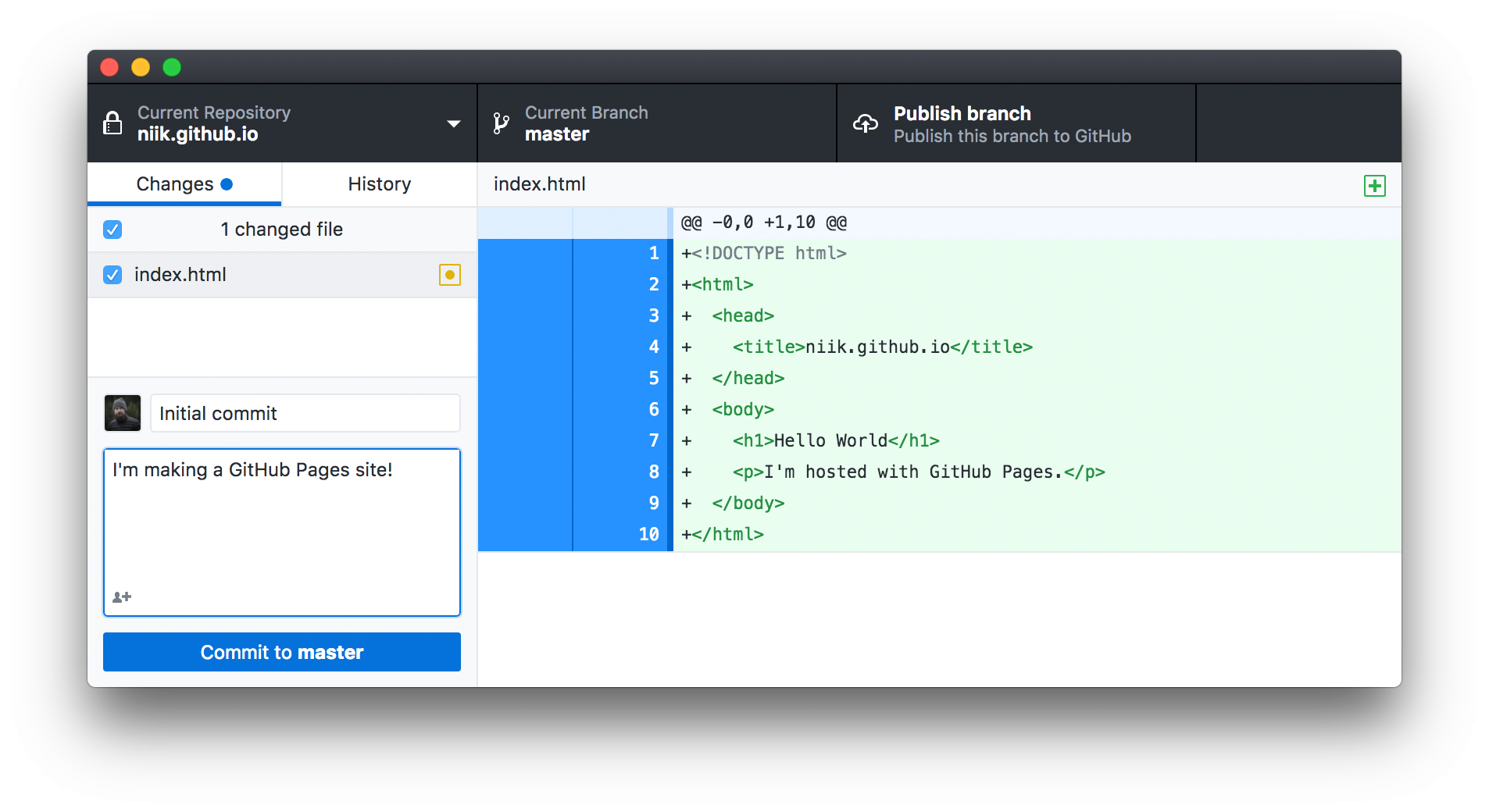Coding, for many of us, can feel like a constant puzzle, a mix of creative problem-solving and a lot of repetitive tasks. We're always looking for tools that can make our work a little smoother, a bit more efficient. Well, imagine having a highly capable assistant right there with you, not just offering a few words but actually tackling bigger chunks of work. That's precisely what the GitHub Copilot Agent brings to the table, marking a pretty significant shift in how we approach software development.
You might already know about the traditional GitHub Copilot, that helpful tool sitting in your editor, suggesting lines of code or even entire functions as you type. It’s been a real time-saver for many, making the coding process feel much more fluid. The agent mode, however, takes that assistance to a whole new level, allowing Copilot to operate with a greater degree of autonomy and understanding.
This enhanced version of Copilot, the agent mode, officially came into being on February 6, 2025. It promises to change how developers interact with their code and their projects, offering a deeper level of support than ever before. It's a new chapter, you know, in the story of AI-assisted coding, making our daily tasks potentially much lighter.
- Ken Flores Funeral
- Kathleen Carrey
- Cipriani Wall Street Restaurant
- Martin Luther King Quotes About Equality
- Overcurl Mascara
Table of Contents
- What Exactly is a GitHub Copilot Agent?
- The Agent's Core Abilities: How It Works
- Key Advantages for Developers
- Understanding Copilot Extensions
- Frequently Asked Questions About GitHub Copilot Agent
What Exactly is a GitHub Copilot Agent?
At its heart, the GitHub Copilot Agent is a smart tool that uses generative AI. It's built to assist you with writing code, helping you get things done quicker and with less fuss. This isn't just about giving you a few lines of code; it's about a much deeper level of collaboration, you know, almost like having another person working on your project.
More Than Just Code Suggestions
While the original GitHub Copilot is great at suggesting whole lines or even entire functions right there in your editor, the agent mode goes quite a bit further. It's an enhanced version, truly. This means it can function as an autonomous coding assistant, taking on more significant responsibilities than simply offering a few words or phrases. It's a major upgrade to GitHub Copilot, allowing it to understand your entire workspace and perform tasks that are much larger in scope. So, it's not just about what to type next; it's about what to do next with your whole project.
Your New AI Teammate
Imagine having a real-time collaborator that sits right in your editor, working alongside you, and making changes to files based on what you need. That's a pretty good picture of what the Copilot Agent is like. But it's also an asynchronous teammate that lives in the cloud, ready to spring into action when you give it a task. This means it can work in the background, you know, handling things while you focus on other aspects of your project. It's a new feature for GitHub Copilot, giving it the ability to implement tasks or issues while running as an artificial intelligence agent, like a dedicated helper.
- Chic Celebrity Beauty Highlights
- People Talking Without Speaking
- Wonka Sequel
- Mel Gibson Accent
- Spongebob Batman
The Agent's Core Abilities: How It Works
The true magic of the GitHub Copilot Agent lies in its ability to take on complex coding challenges with remarkable ease. It's embedded directly into GitHub, and it gets to work as soon as you assign a GitHub issue to Copilot. This seamless integration means it becomes a natural part of your existing development flow, which is pretty convenient.
Tackling Bigger Tasks with Ease
One of the main advantages of this agent mode is its capacity to help developers tackle larger tasks with simple prompts. This significantly reduces the need for you to break down big problems into tiny, manageable pieces yourself. You can give it a general instruction, and it starts working on the bigger picture. For instance, it can work on GitHub issues and then raise pull requests for you to review, saving you a lot of initial setup time. It’s a very helpful way to streamline your efforts.
Self-Correction and Learning
What's truly impressive about GitHub Copilot’s new agent mode is its ability to iterate on its own code. It can actually recognize errors within the code it generates and then fix them automatically. This self-correction capability means less back-and-forth for you, and it helps the agent deliver more polished work from the start. It’s a bit like having a helper who not only does the work but also double-checks it for mistakes, which is rather reassuring.
Automating the Pull Request Workflow
When you use the Copilot coding agent, all the coding and iterating happens right there on GitHub, as a natural part of your pull request workflow. This integration is quite smooth, actually. The agent automates many of the routine steps that can take up a lot of your time. It handles things like branch creation, writing those commit messages, pushing your changes, and even opening up pull requests. This means you can focus on the more creative and complex parts of your work, letting the agent manage the routine aspects. It’s a pretty big step towards making the whole process less manual.
Working in Your Editor and Beyond
The Copilot Agent works alongside you directly in your editor, suggesting whole lines or entire functions, just like the traditional Copilot. But it also has a broader reach. It can suggest terminal commands and then ask you to execute them, guiding you through command-line tasks. You can use the GitHub Copilot agent to refine code in Visual Studio by making code edits, running commands, and reading error or build context. This ability to understand and interact with your entire development environment, you know, makes it a much more versatile tool.
Key Advantages for Developers
The introduction of the GitHub Copilot Agent marks a significant step forward for developers. It’s not just about getting code faster; it’s about transforming the entire development experience. This new agent mode offers a deeper, more integrated form of assistance that can truly change how you approach your daily tasks.
Speeding Up Your Workflow
One of the most immediate benefits is the sheer speed it brings to your work. By automating repetitive tasks like branch creation and commit message writing, the agent frees up your time. It helps you write code faster and do so much more. This means you can spend less time on the mundane and more time on innovative problem-solving, which is really what many developers want to do. It just makes the whole process feel less bogged down.
Deeper Workspace Understanding
Unlike traditional autocomplete and inline suggestions, agent mode enables Copilot to understand your entire workspace. This means it doesn't just look at the line you're on; it considers the broader context of your project, the files, and the overall structure. This ability to draw context is one of the main advantages of Copilot. It allows the agent to make more relevant and helpful suggestions, and to perform tasks that require a comprehensive grasp of your coding environment. It's a pretty smart way it operates.
A Focus on Issues and Iteration
The agent is particularly good at helping with GitHub issues. You can assign issues to GitHub Copilot, and then monitor its progress as it works on them. What’s more, you can use pull request review comments to prompt Copilot to iterate on its work, guiding it through refinements. This makes the process of addressing bugs or adding features much more collaborative and efficient, allowing for a continuous cycle of improvement with less manual oversight. So, it's almost like a constant feedback loop with your AI helper.
Understanding Copilot Extensions
The GitHub Copilot Agent isn't just a standalone feature; it's part of a broader ecosystem that allows for even greater customization and capability. This is where the idea of Copilot extensions comes into play, offering a flexible way to tailor the agent's behavior to your specific needs. It's a pretty clever way to expand its usefulness.
What Makes an Extension?
The combination of a GitHub application and a Copilot agent is what we refer to as a GitHub Copilot extension. These extensions allow for more specialized interactions and workflows, integrating the agent's capabilities with other tools and processes within GitHub. For more information on Copilot extensions, you can look up details about Copilot extensions. It’s a good idea to understand how these pieces fit together, actually, to get the most out of your setup.
Customizing Your Agent
Using GitHub Copilot agents to improve developer workflows also means exploring how you can set the Copilot coding agent up for success with custom instructions. This allows you to guide the agent's behavior and make sure it aligns with your project's specific requirements or your team's coding standards. By providing these tailored instructions, you can make the agent even more effective and precise in its work. It's a way of making it truly your own, you know, a very personalized helper.
Frequently Asked Questions About GitHub Copilot Agent
People often have questions about this new kind of coding assistant. Here are some common ones that might come up as you learn more about it.
When was GitHub Copilot Agent officially launched?
The GitHub Copilot’s agent mode was officially launched on February 6, 2025. It’s a very recent development, bringing these advanced capabilities to developers.
How is the Copilot Agent different from the regular GitHub Copilot?
Unlike the traditional Copilot, which primarily offers autocomplete and inline suggestions, the agent mode enables Copilot to understand your entire workspace and perform larger tasks. It can tackle GitHub issues, raise pull requests, and even correct its own code, functioning as a more autonomous coding assistant. It's a much more involved helper, you know.
Can the GitHub Copilot Agent fix its own errors?
Yes, the new agent mode for GitHub Copilot is capable of iterating on its own code, recognizing errors, and fixing them automatically. This self-correction feature is a pretty significant part of its enhanced capabilities.
The GitHub Copilot Agent is, in essence, a new kind of collaborator for developers. It's a generative AI tool that helps you write code faster and with less effort, allowing you to focus on the bigger picture. This agent mode, which rolled out recently, brings the ability to implement tasks or issues while running in the background, like a smart helper. It automates many parts of the pull request workflow, from branch creation to opening the pull request itself. This means less time on routine tasks and more time on creative problem-solving. It's a pretty exciting step forward for how we build software, truly making coding a more streamlined and enjoyable experience. For more information on how this agent can change your daily coding life, you can learn more about Copilot's capabilities on our site, and also check out GitHub's official blog for the latest updates on Copilot.
- George Kittle Jerseys
- Beauty With Trinity
- Chic Celebrity Beauty Highlights
- Wardrobe Malfunction On Tv
- Ferry Boat Nassau Bahamas


